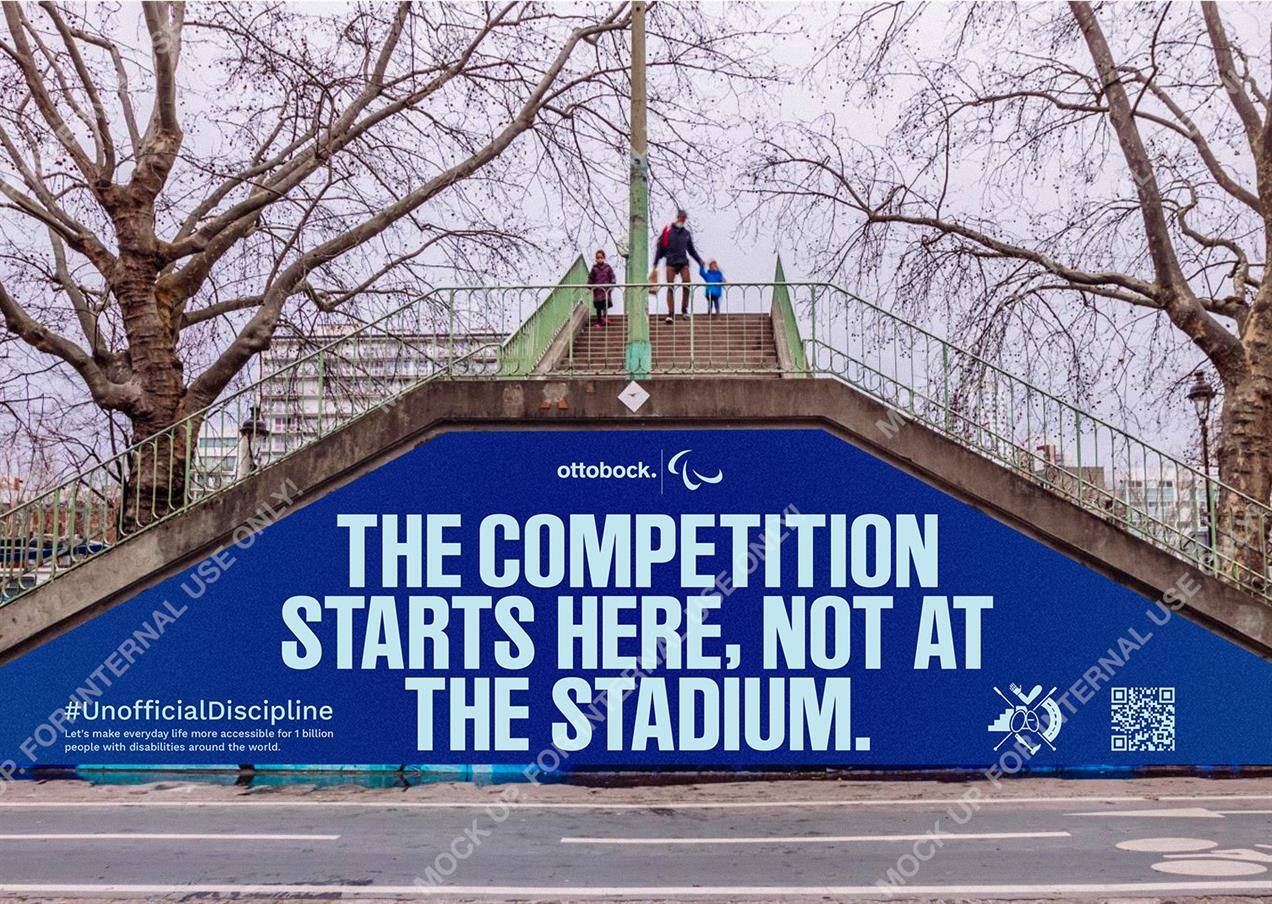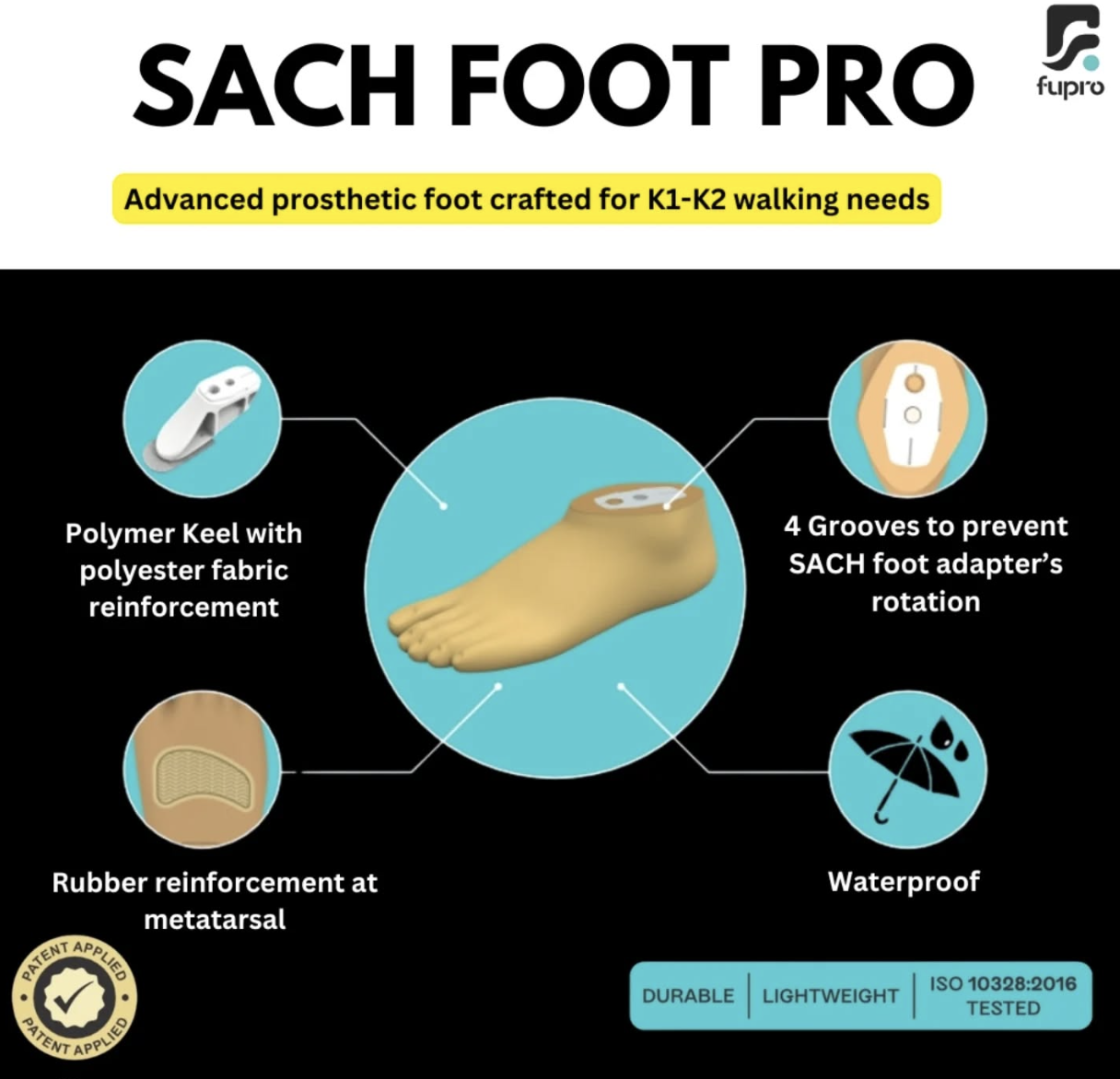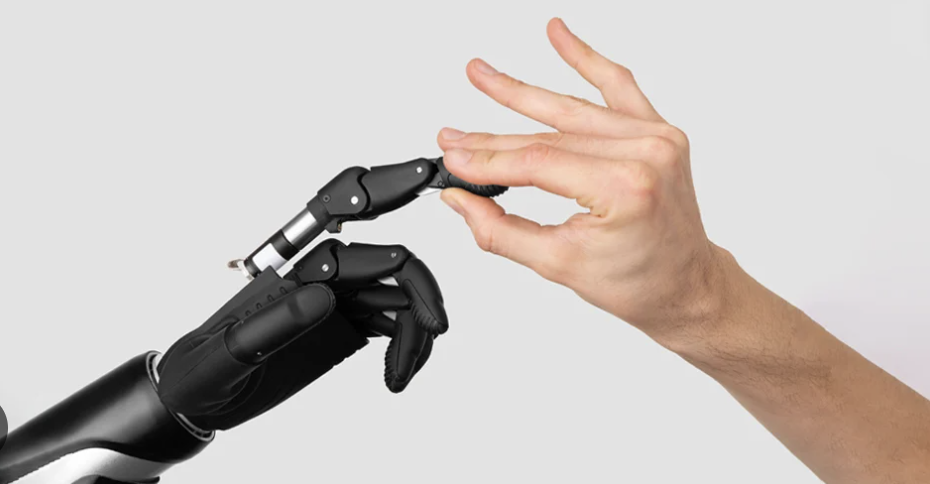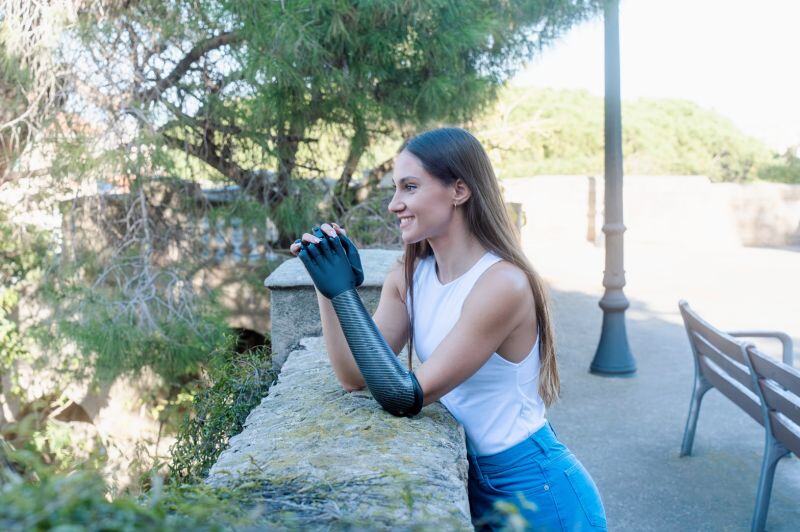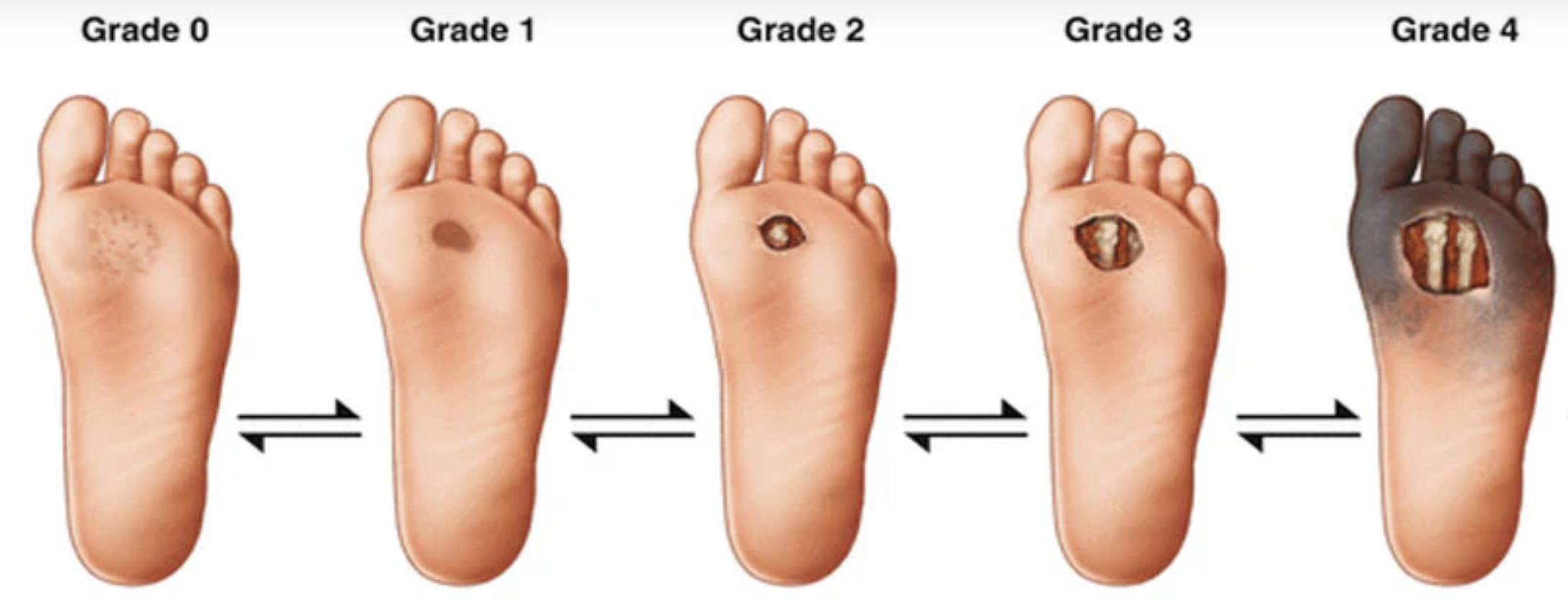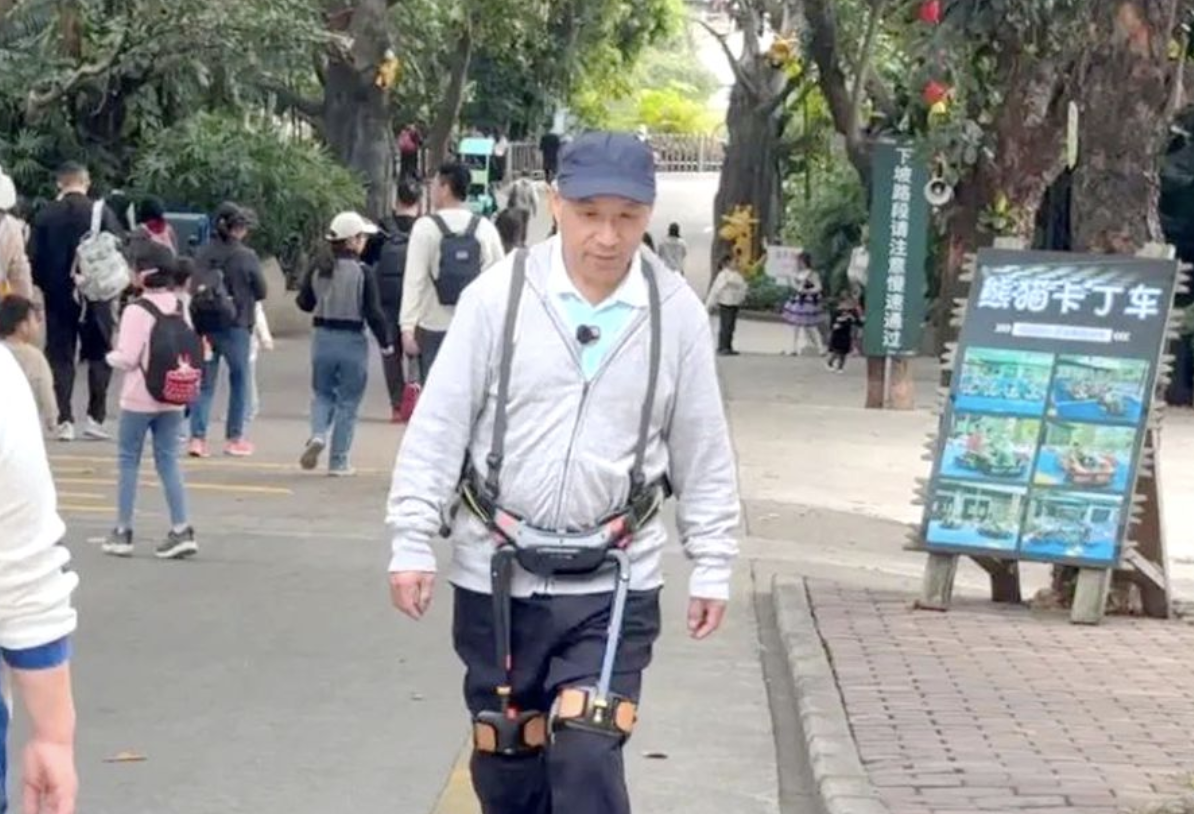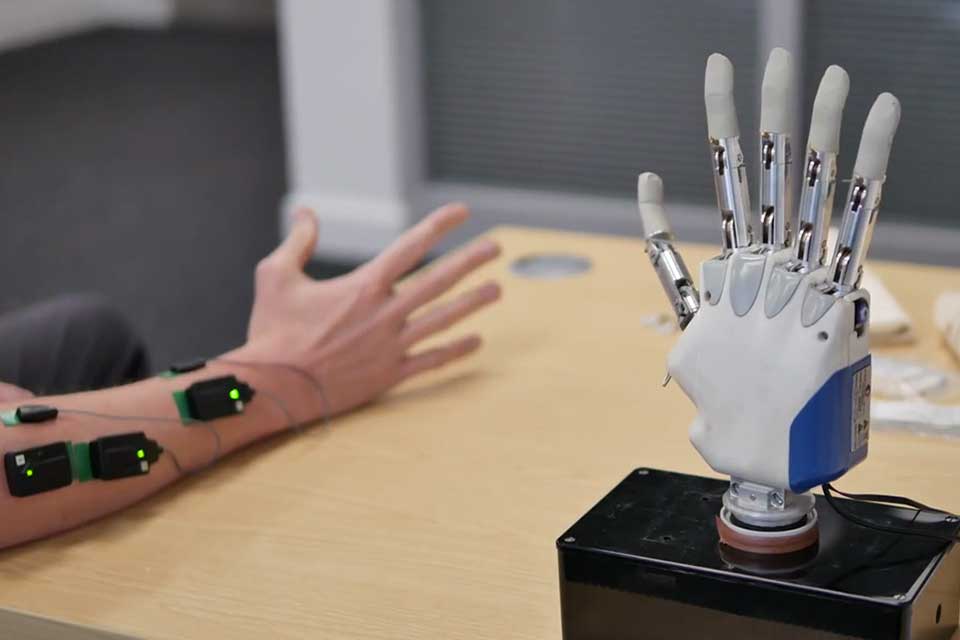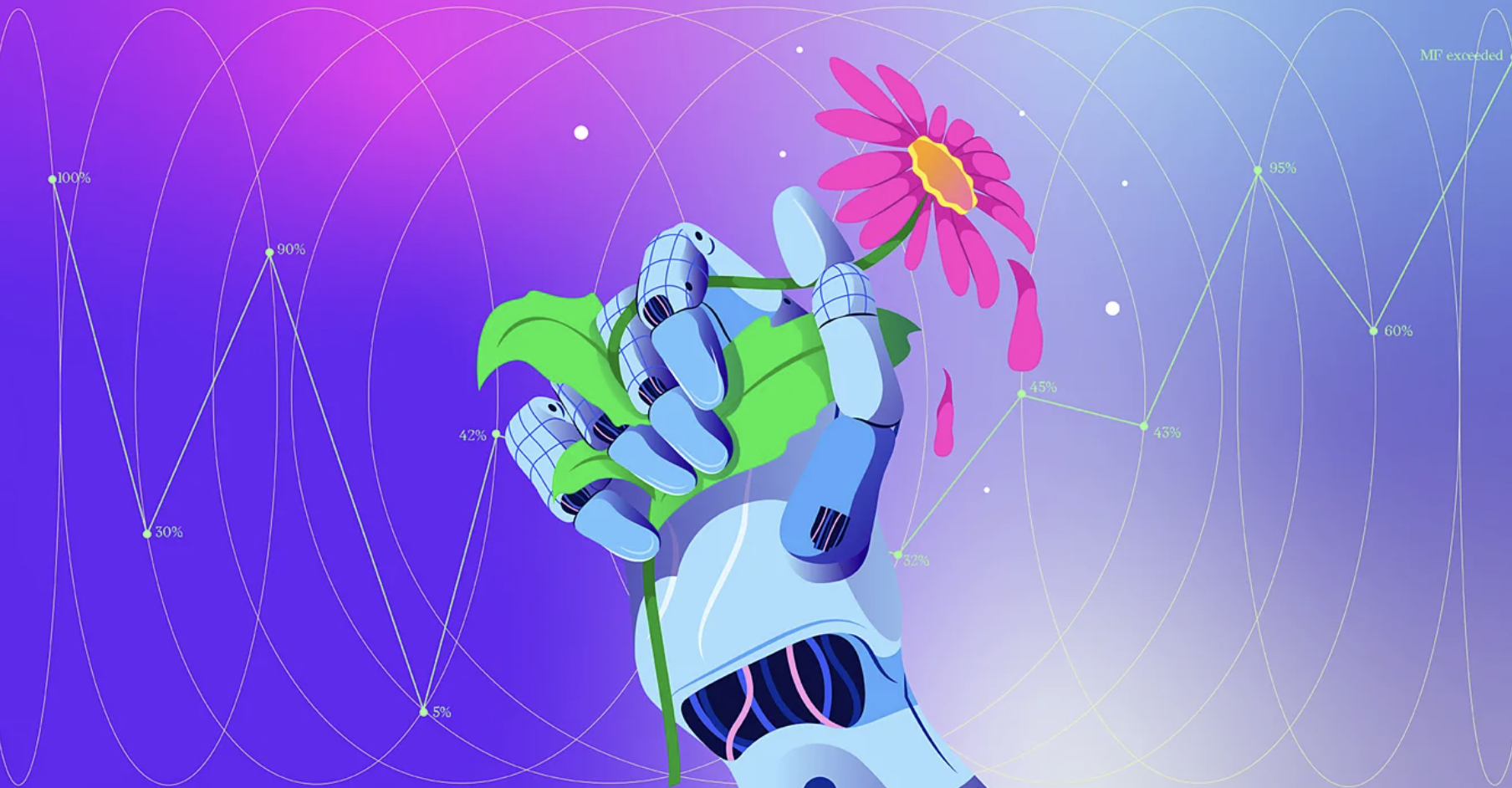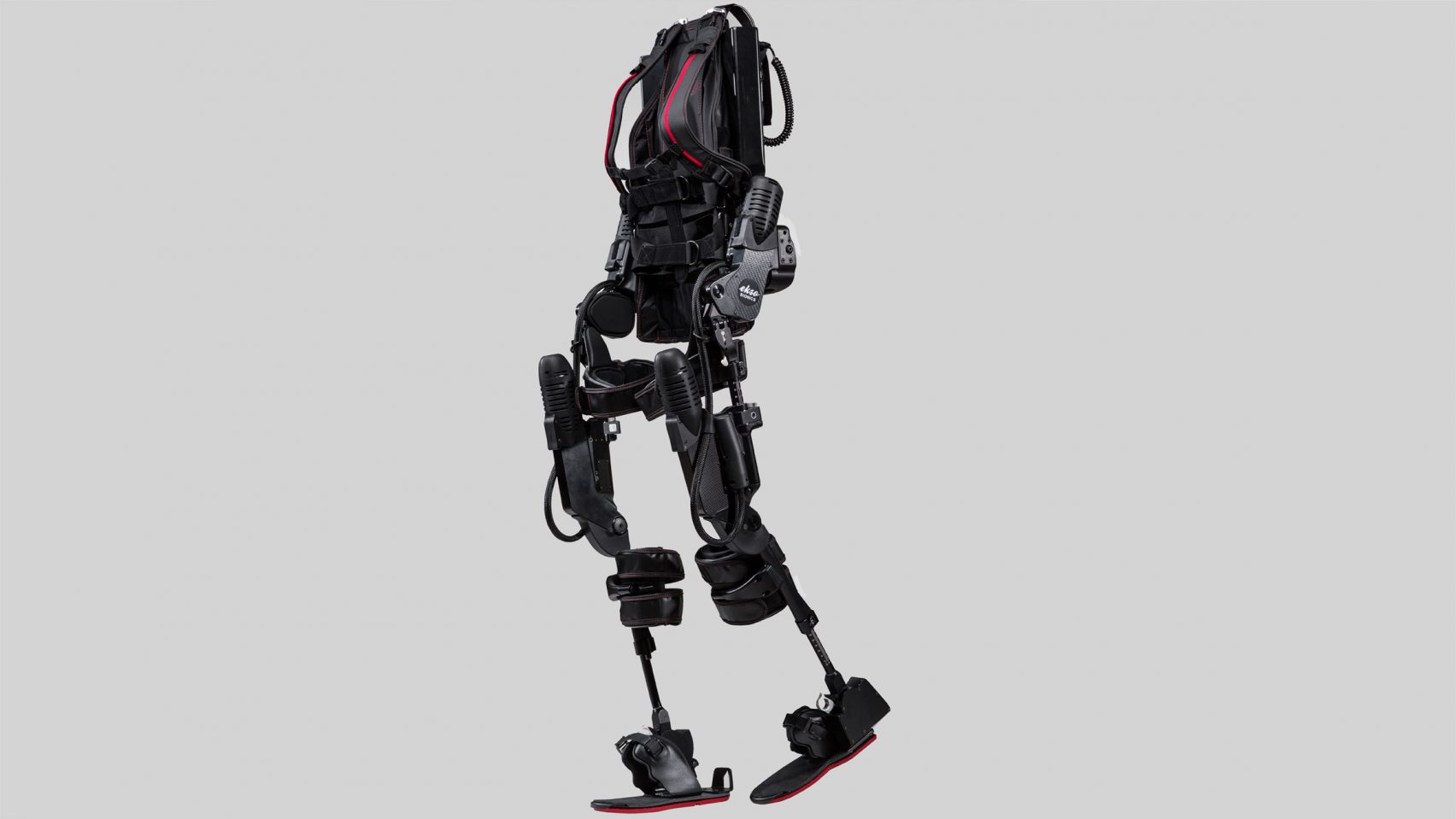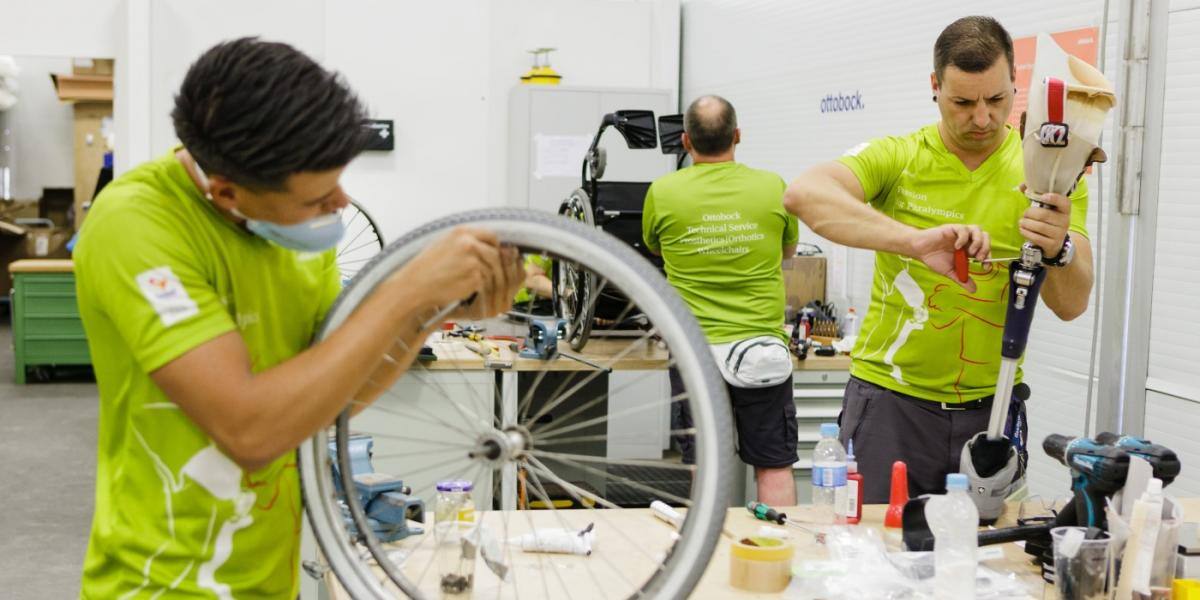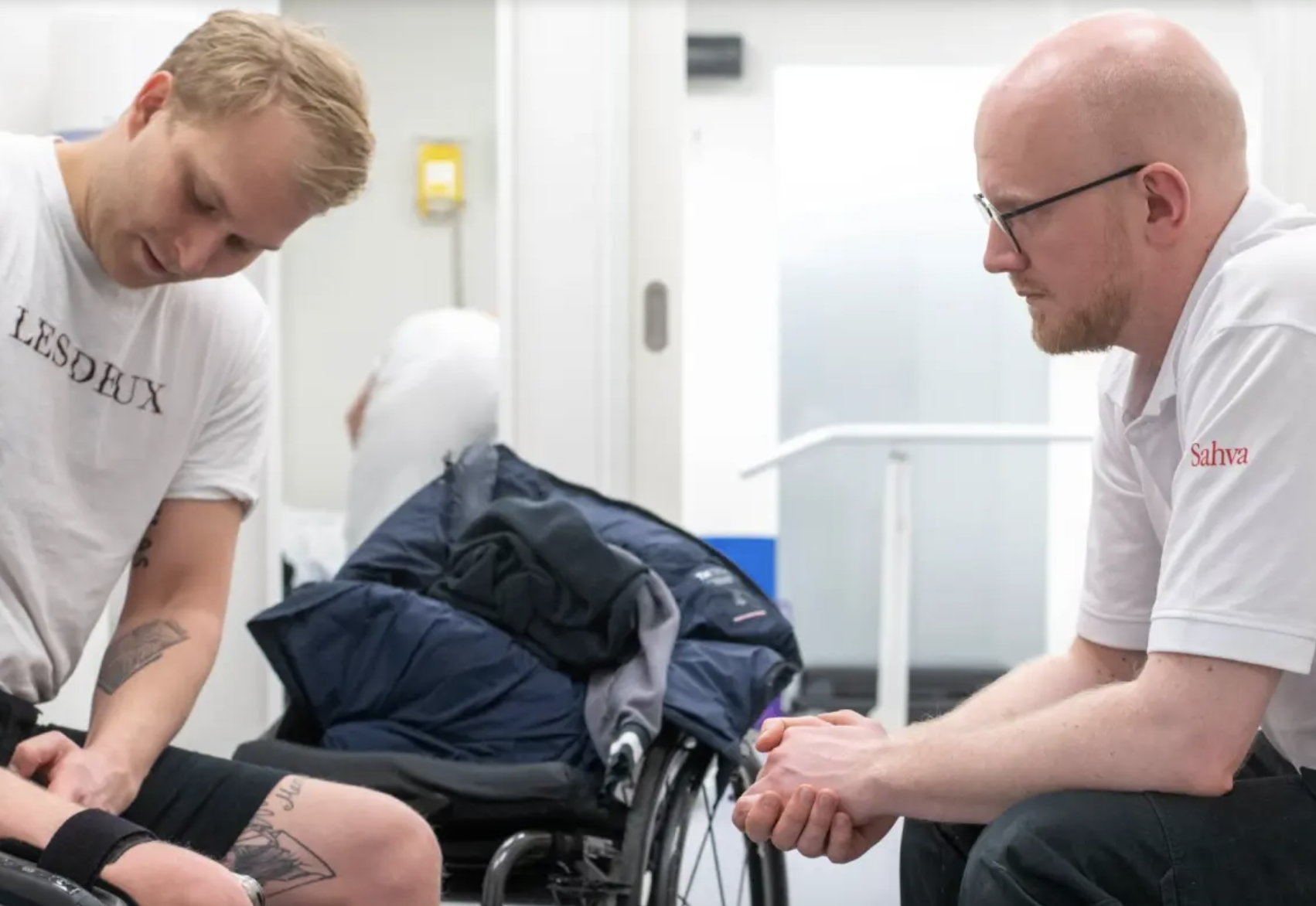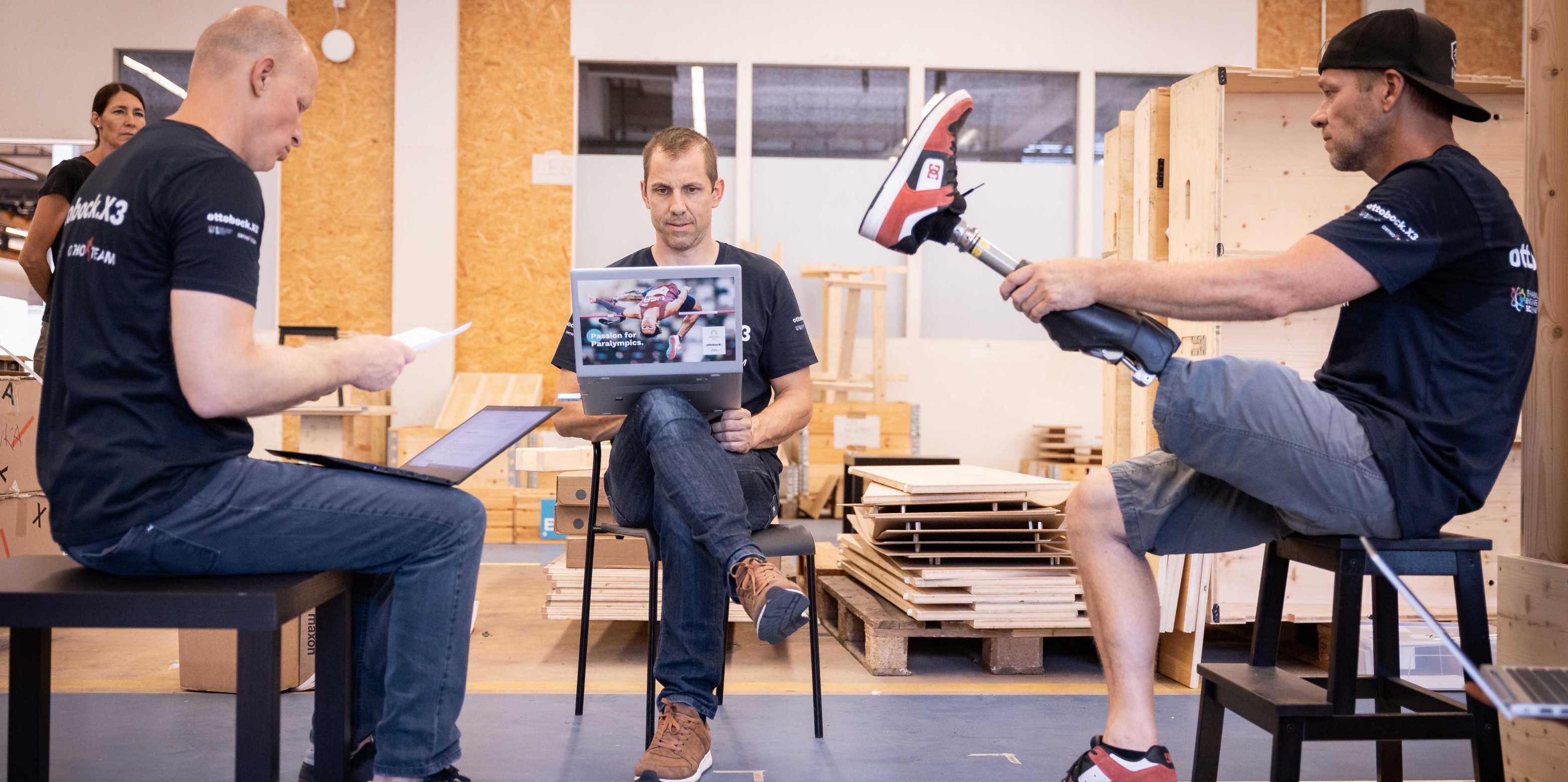Martin Wider, VP of global marketing at Ottobock, discusses the med-tech company’s recent campaign around the Paralympic Games.
What was the campaign, in a nutshell?
To raise awareness of the challenges faced by people with disabilities, Ottobock, the med-tech company, launched its ‘Unofficial Discipline’ campaign ahead of the 2024 Paralympic Games. The campaign used thought-provoking slogans on billboards, posters and video projections across Paris, strategically placed in inaccessible locations like broken elevators, missing ramps, and staircases in tourist areas to highlight barriers to accessibility.
How did the idea come into being?
It’s all about observation and empathy – once you’re aware of inaccessibility, you see it everywhere, from broken elevators at Metro stations to huge gaps when you need to get off the train. Then it’s all about narrowing it down. We were lucky enough to be supported by a great group of athletes and Ottobock users who gave us even more insights into their daily challenges. Without them and their incredible energy the campaign would have not been possible.
What ideas were rejected?
The Paralympic Games are a fantastic event, and we had many ideas before settling on #UnofficialDiscipline. Most of our initial concepts focused on athletic performance, the beauty of sport and its unifying qualities. But ultimately, we wanted an idea that connected the Paralympics with everyday life, and which resonates with everyone living with a disability – not just athletes.
Briefly describe the campaign planning and process.
As a partner of the Paralympic Games for three decades, Ottobock has a very close connection with the IPC, so naturally we approached them early on when coming up with ‘Unofficial Discipline’ – back in September 2023. Once we had secured their support, we started working with our creative agency Presence to develop the campaign and all related assets. We brought our PR agencies Hooton and Com’Over onto the project in mid-July. We had all assets finalised by early August and began with the campaign outreach right away.
What were the biggest challenges, and how did you overcome them?
As you can imagine, athletes have incredibly busy schedules leading up to the games, but they made a real effort to film for this campaign and spread the word. Co-ordinating and finding time was a challenge, but their commitment was invaluable.
How did you measure the results, and what were they?
Our campaign is ongoing – after all, the Paralympic Games may have ended, but for people with disabilities, the challenge of overcoming barriers continues every day. But already the campaign’s success has exceeded our expectations. We’ve met all our paid media goals with only a fraction of the planned budget, and our content has accrued more than eight million views across TikTok, Instagram and YouTube. There was also fantastic media coverage, which is a very strong indicator of our campaign’s impact. But most importantly, we’ve seen hundreds of comments from people with disabilities, their families and their allies, expressing how the campaign has captured their experiences for the first time. Everyone involved in the campaign has spent hours reading through these comments – they mean more than any other metric.
What’s the biggest lesson you took away from the campaign?
We learned that we’re right to continue using our campaigns to tackle topics that really matter and empower people. Placing billboards with our messages around Paris during the Paralympics – such as in Metro stations, on stairs near the sport venues or on walls in streets with high curbs – enabled us to start a long-overdue conversation about accessibility across the city. Strategically, we see the need to move away from linear storytelling and focus on creating more diverse content like this. The traditional approach of producing one main film and then cut-downs is evolving. Our data shows that we are most successful when creating content that can stand alone, conveying our messages without relying on other channels.
